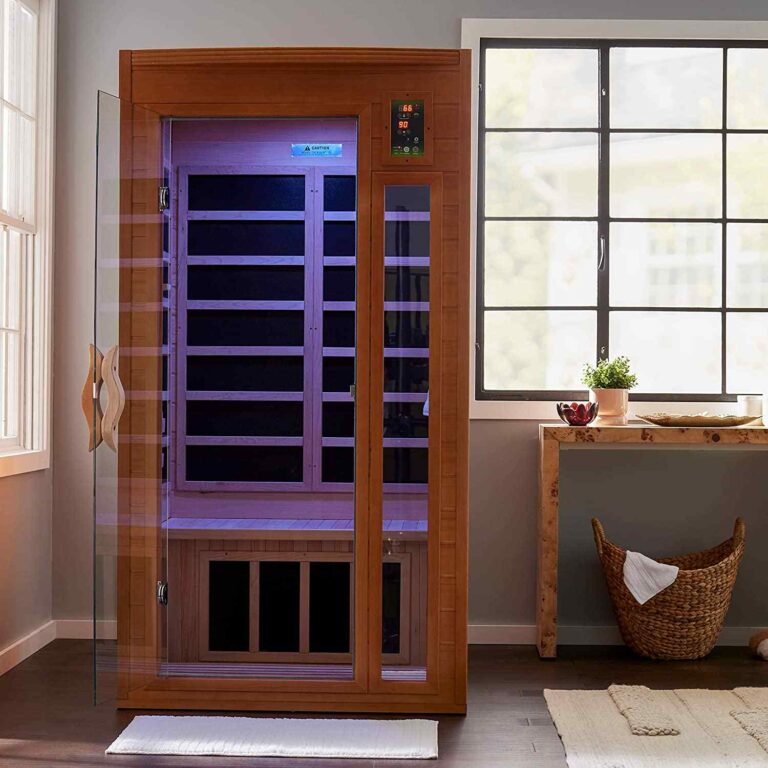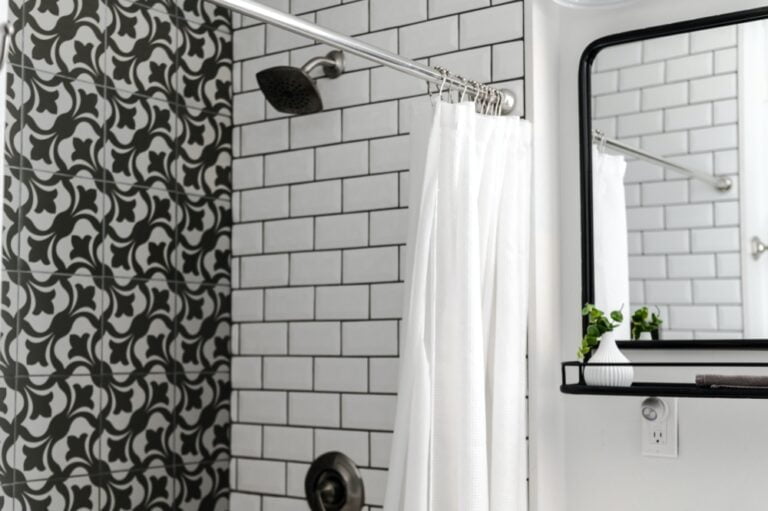Do Saunas Help With Hangovers? Let’s Look at the Science
We’ve all been there — waking up after a night of revelry, with a throbbing headache and a queasy stomach. Hangovers can be unpleasant, and people have devised various methods to alleviate their symptoms. One technique that has gained popularity is visiting a sauna. But does sweating it out in a steamy room really help with hangovers? In this blog post, we’ll explore the connection between saunas and hangover relief to uncover the truth.
Understanding Hangovers
Before we delve into the potential benefits of saunas, let’s briefly discuss hangovers. A hangover is the body’s response to excessive alcohol consumption. It typically manifests as a collection of symptoms, including headache, nausea, fatigue, dizziness, sensitivity to light and sound, and dehydration. The severity of hangovers varies from person to person and can be influenced by factors like alcohol tolerance, hydration levels, and the type and amount of alcohol consumed.
The Sauna Experience
A sauna is a heated room or a small house designed to make you sweat. The temperature inside a sauna typically ranges between 70°C (160°F) and 100°C (212°F), creating an environment that promotes perspiration and helps relax muscles. Saunas can be dry or wet, with wet saunas often utilizing steam to increase humidity.
Potential Benefits of Saunas for Hangovers
- Sweating and Detoxification: Sweating is one of the primary ways our bodies eliminate toxins. Advocates of sauna use for hangover relief argue that sweating can help expel alcohol metabolites and other toxins, aiding in detoxification. However, the extent to which saunas accelerate alcohol elimination is still unclear, and more research is needed to support this claim.
- Improved Circulation: The heat in a sauna dilates blood vessels and promotes circulation. This increased blood flow may help alleviate some hangover symptoms, such as headache and muscle aches, by delivering oxygen and nutrients to affected areas more efficiently. However, it’s important to note that improved circulation alone may not be sufficient to completely alleviate a hangover.
- Relaxation and Stress Reduction: Hangovers often come with feelings of discomfort and unease. Saunas have been praised for their ability to induce relaxation, reduce stress, and provide a calming effect on the mind and body. Spending time in a sauna may help you unwind, providing temporary relief from hangover-related tension and anxiety.
- Hydration: Hangovers are often accompanied by dehydration, as alcohol is a diuretic that promotes increased urine production. While saunas can cause sweating and further fluid loss, some argue that the heat may also encourage rehydration by prompting individuals to drink more water. However, it’s crucial to replenish lost fluids adequately and consider hydrating before, during, and after a sauna session.
Considerations and Precautions
While infrared saunas may offer potential benefits for hangover relief, it’s important to approach their usage with caution. Here are a few considerations and precautions to keep in mind:
- Individual Variations: Hangovers can vary greatly from person to person, and what works for one individual may not work for another. The same goes for sauna usage. Factors such as overall health, alcohol tolerance, and personal preferences can influence the effectiveness of saunas in alleviating hangover symptoms.
- Hydration: Saunas can exacerbate dehydration, so it’s crucial to hydrate properly before, during, and after your sauna session. Drinking water or electrolyte-rich fluids can help replenish lost fluids and aid in the recovery process.
- Moderation: While saunas can be beneficial in moderation, excessive or prolonged exposure to high temperatures can have adverse effects on the body. It’s essential to listen to your body’s signals and not overdo it. Avoid spending excessive time in the sauna, and if you start feeling lightheaded, dizzy, or unwell, it’s best to exit the sauna and cool down immediately.
- Individual Health Conditions: Saunas may not be suitable for everyone, especially individuals with certain health conditions. If you have any pre-existing medical conditions, such as cardiovascular problems, low blood pressure, or skin sensitivities, it’s advisable to consult with a healthcare professional before using a sauna.
- Complementary Strategies: While saunas might provide temporary relief for hangover symptoms, it’s important to remember that they are not a cure-all solution. Combining sauna use with other hangover recovery strategies, such as rehydration, consuming nutritious food, getting adequate rest, and avoiding further alcohol consumption, can enhance your recovery process.
Conclusion
So, do saunas help with hangovers? While there is anecdotal evidence supporting the benefits of saunas for hangover relief, scientific research on this specific topic is limited. Saunas may offer some potential advantages, including sweating and detoxification, improved circulation, relaxation, and hydration. However, individual variations, moderation, hydration, and considerations for personal health conditions must be taken into account.
Ultimately, the best way to combat hangovers is to drink alcohol in moderation or abstain altogether. If you do find yourself nursing a hangover, listening to your body’s needs, rehydrating adequately, and giving yourself time to rest and recover are crucial steps. If you choose to incorporate saunas into your hangover recovery routine, do so with caution and be mindful of your body’s response.







